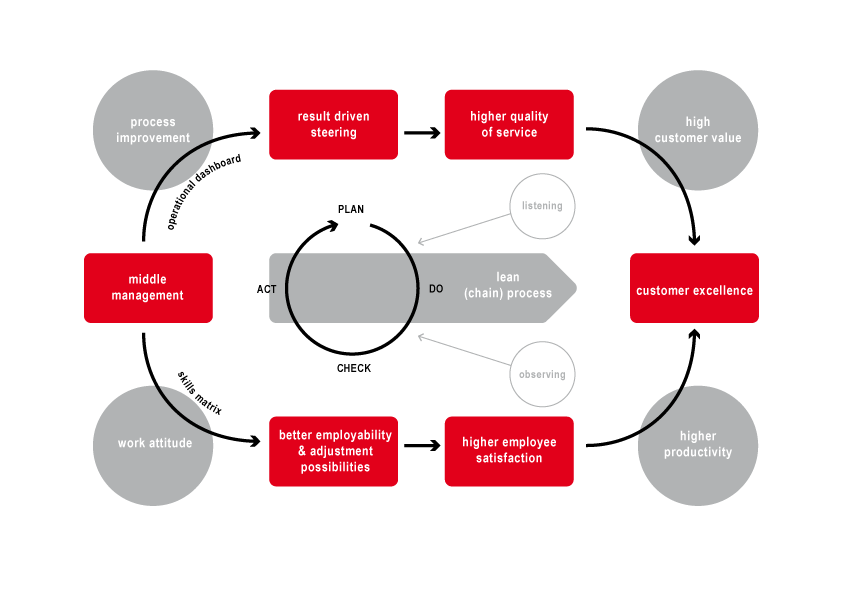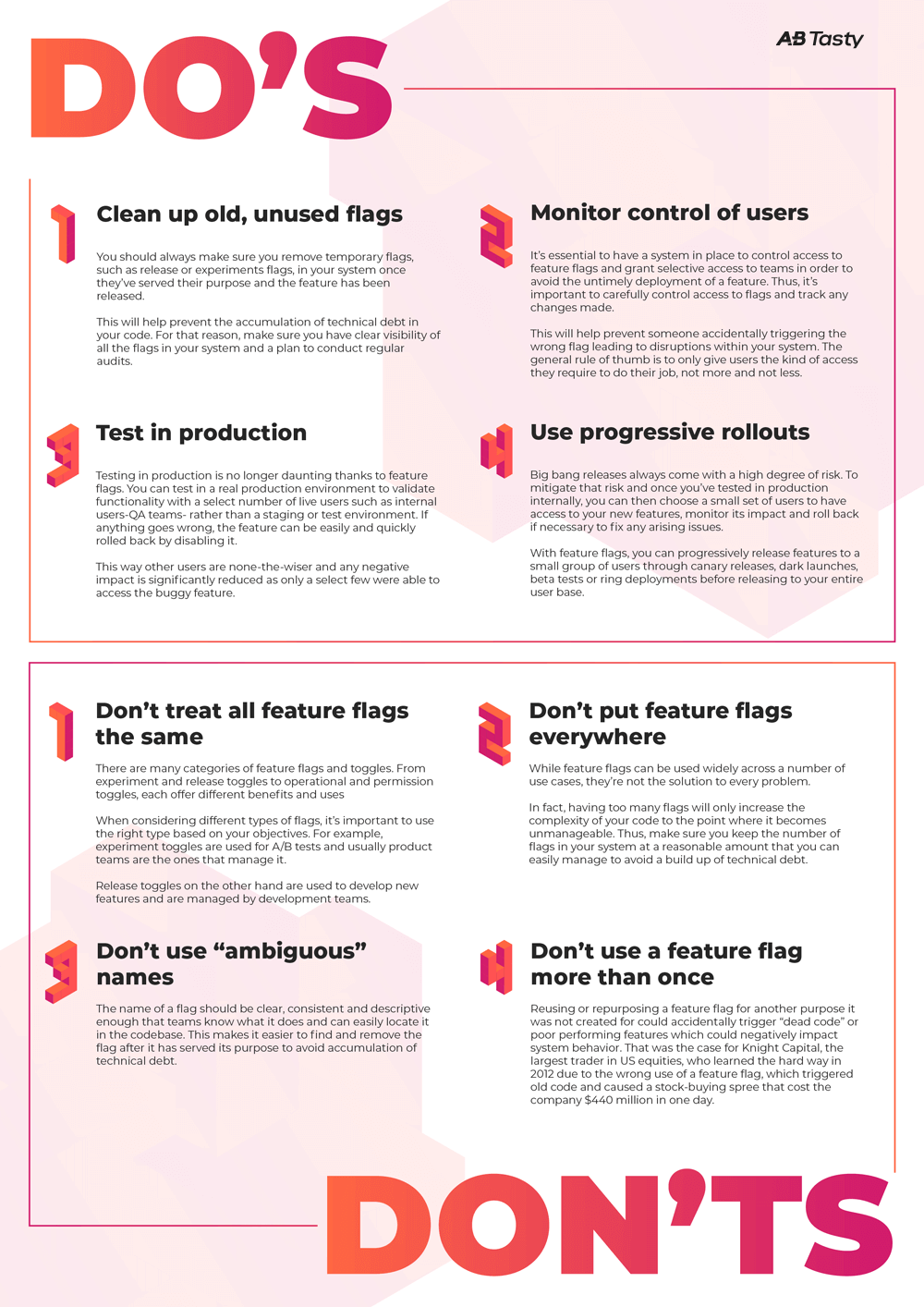How Middle Management Drives Productivity And Improves Employee Satisfaction

Table of Contents
The Impact of Middle Management on Employee Productivity
Middle managers are the linchpin connecting leadership's vision with the day-to-day efforts of individual contributors. Their ability to foster a productive work environment directly impacts the bottom line.
Effective Communication and Goal Setting
Clear communication is paramount for middle management productivity. When middle managers effectively communicate goals and expectations, employees understand their roles and responsibilities, leading to increased efficiency and productivity.
- Regular Team Meetings: Scheduled meetings provide a platform for updates, clarification, and open discussion.
- Clear Task Assignments: Well-defined tasks, complete with deadlines and expected outcomes, minimize confusion and ensure focus.
- Open Feedback Sessions: Creating a safe space for feedback allows for course correction and continuous improvement.
Furthermore, the effective use of SMART goals—Specific, Measurable, Achievable, Relevant, and Time-bound—is essential. Middle managers should facilitate the creation of SMART goals, ensuring alignment with overall organizational objectives and providing regular tracking and progress updates. A study by Gallup found that employees who strongly agree their manager helps them set goals are 50% more likely to be engaged at work, directly impacting productivity.
Providing Resources and Support
Middle managers act as advocates for their teams, ensuring access to the necessary resources and support. This includes:
- Technology and Tools: Providing employees with the latest technology and software enhances efficiency and reduces frustration.
- Training Programs: Investing in employee development through training programs upskills the workforce and boosts performance.
- Mentorship Opportunities: Pairing experienced employees with newer ones fosters knowledge sharing and accelerates growth.
By proactively identifying and addressing resource gaps, middle managers remove obstacles, streamline workflows, and empower their teams to achieve peak performance. Removing bottlenecks and simplifying processes significantly contributes to improved middle management productivity and overall team efficiency.
Delegation and Empowerment
Effective delegation isn't about offloading tasks; it's about empowering employees. It fosters growth, boosts morale, and increases ownership. Key best practices include:
- Clear Instructions: Provide concise and unambiguous instructions, outlining expectations and desired outcomes.
- Setting Realistic Deadlines: Establish achievable deadlines that allow for sufficient time and prevent undue stress.
- Providing Necessary Resources: Ensure employees have access to the tools, information, and support they need to succeed.
Empowering employees through effective delegation creates a more engaged and motivated workforce, directly leading to higher productivity and a greater sense of accomplishment. This increased autonomy fuels innovation and improves the overall quality of work.
Middle Management's Role in Enhancing Employee Satisfaction
Employee satisfaction is intrinsically linked to productivity. Middle managers play a critical role in cultivating a positive and supportive work environment that fosters job satisfaction.
Building Positive Relationships and Fostering Teamwork
A positive work environment is built on strong relationships and effective teamwork. Middle managers can facilitate this through:
- Team-Building Activities: Organizing team-building exercises fosters camaraderie and improves communication.
- Open and Honest Communication: Creating a culture of open dialogue and active listening builds trust and strengthens relationships.
- Conflict Resolution: Addressing conflicts promptly and fairly prevents negativity and maintains a harmonious workplace.
By fostering a sense of belonging and camaraderie, middle managers contribute directly to improved team cohesion and employee satisfaction.
Recognition and Appreciation
Acknowledging and rewarding employee contributions is crucial for boosting morale and motivation. Middle managers can implement:
- Verbal Praise: Regularly expressing appreciation for hard work and dedication strengthens employee engagement.
- Written Thank You Notes: A thoughtful note of appreciation shows employees their contributions are valued.
- Performance Bonuses: Offering performance-based bonuses recognizes exceptional achievements and motivates employees to excel.
Studies consistently show that employee recognition programs significantly improve job satisfaction and retention rates. Regular feedback, both positive and constructive, is essential for continued growth and development.
Promoting Work-Life Balance and Well-being
A healthy work-life balance is essential for employee well-being and sustained productivity. Middle managers can:
- Flexible Work Arrangements: Where possible, offer flexible work options to accommodate employees' personal needs.
- Encouraging Breaks: Promote regular breaks to prevent burnout and maintain focus.
- Promoting Mental Health: Create a culture that prioritizes mental health and provides resources for support.
By prioritizing employee well-being, middle managers create a supportive and healthy work environment, leading to increased job satisfaction, reduced stress, and improved retention.
Conclusion
Effective middle management is undeniably crucial for driving both productivity and employee satisfaction. By implementing strategies focused on clear communication, providing resources and support, empowering employees through delegation, fostering positive relationships, showing appreciation, and promoting work-life balance, middle managers can significantly impact organizational success. Investing in developing your middle management team through targeted training and resources in these key areas is a vital investment in improving middle management productivity and overall organizational performance. Don't underestimate the power of strong middle management—it's the key to unlocking higher levels of employee satisfaction and achieving sustainable growth.

Featured Posts
-
 The Nationwide Anti Trump Protests Direct Accounts From Participants
Apr 22, 2025
The Nationwide Anti Trump Protests Direct Accounts From Participants
Apr 22, 2025 -
 Anti Trump Protests Hear The Voices From Across America
Apr 22, 2025
Anti Trump Protests Hear The Voices From Across America
Apr 22, 2025 -
 5 Essential Dos And Don Ts Succeeding In The Private Credit Market
Apr 22, 2025
5 Essential Dos And Don Ts Succeeding In The Private Credit Market
Apr 22, 2025 -
 Economists React Unpacking The Bank Of Canadas Interest Rate Decision
Apr 22, 2025
Economists React Unpacking The Bank Of Canadas Interest Rate Decision
Apr 22, 2025 -
 Chinas Export Dependence Vulnerability To Tariff Hikes
Apr 22, 2025
Chinas Export Dependence Vulnerability To Tariff Hikes
Apr 22, 2025
